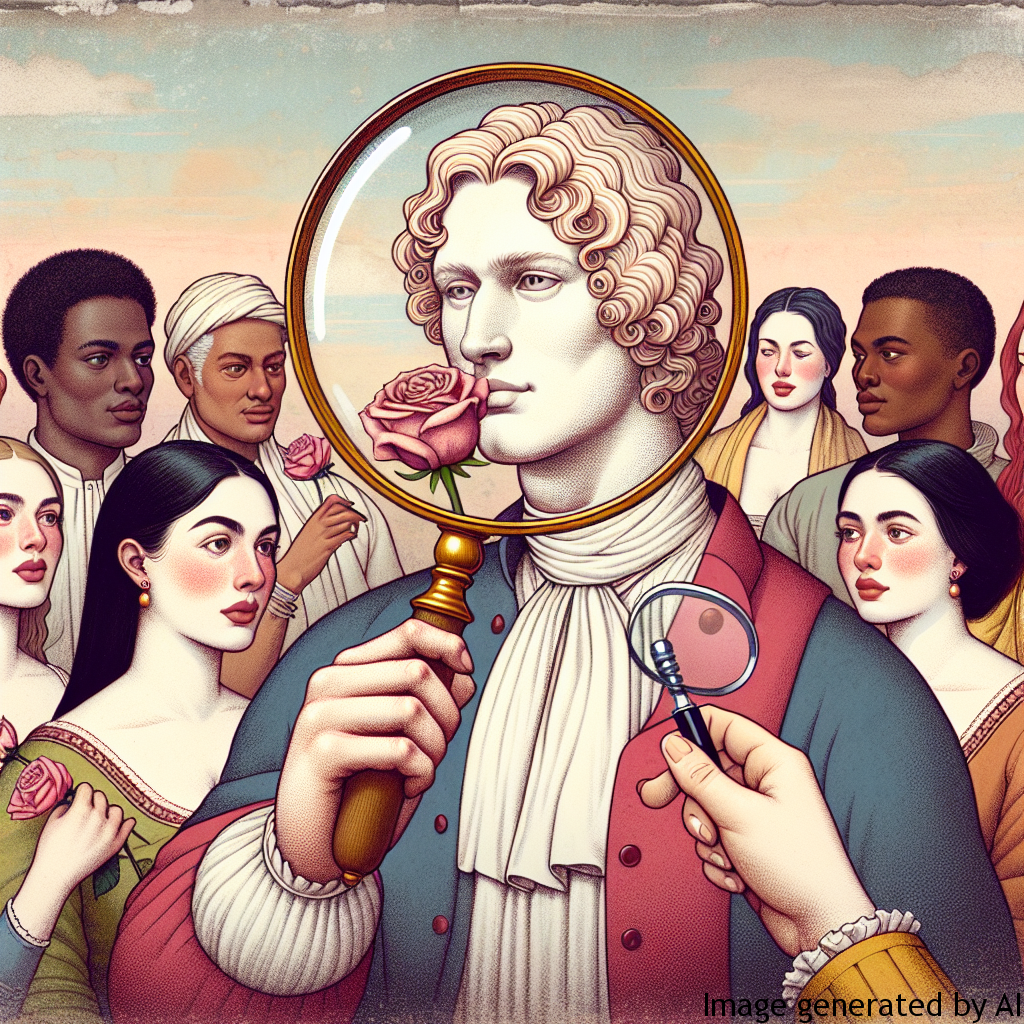Introduction
The image of Giacomo Casanova, an 18th-century Venetian adventurer and author, frequently serves as a blueprint for the modern-day ‘playboy’. Romanticization of his portrait has often established unrealistic expectations for male behaviour, posing potential detrimental effects on their psychological health. This article deconstructs the misconceptions associated with the ‘Casanova’ stereotype and its impact on gendered expectations and the mental wellbeing of men.
Gender Expectations and Their Effect on Men’s Psychological Health
The Casanova stereotype promotes ideals of hypermasculinity, compelling men to maintain an image of a ‘conqueror’, always able and eager to initiate romantic or sexual relationships. The pressure to conform to these standards can induce significant psychological stress.
The Burden of Stoicism
The societal expectation that construes emotional repression as masculine fortitude often leaves men ill-equipped to handle emotional distress. Having to constantly mask their vulnerabilities can lead to internalized stress, depression, or anxiety.
Unfeasible Promiscuity
The notion that ‘real’ men must be naturally promiscuous devalues emotional connectivity in relationships, fostering a culture that glorifies sexual conquest over an intertwined bond of companionship and love.
How Gender Roles Can Influence Men’s Lives
Perceived gender roles greatly influence men’s perceptions of self and their relationships with others. For instance, the Casanova typecast can persuade men to initiate and maintain multiple relationships simultaneously, compromising the chance to build deeper, meaningful connections.
Tips on Improving Psychological Health Considering Gender Roles
Acknowledging the detrimental effects of such stereotypes is the first step towards fostering improved psychological health.
Embrace Vulnerability
Encouraging men to express their feelings when necessary and seeking assistance can greatly help in managing stress and other psychological challenges.
Promote Healthy Relationships
Societal norms should shift focus from sexual promiscuity to promoting the significance of emotional connection and mutual respect in a healthy relationship.
Conclusion
Unrealistic romanticization of figures like Casanova can lead to harmful implications for men’s mental health. Society must eschew the stereotype that discourages emotional expression and glorifies incessant conquest. Emphasizing emotional health and diverse masculinities will help to redefine the understanding of what it truly means to be a man.

